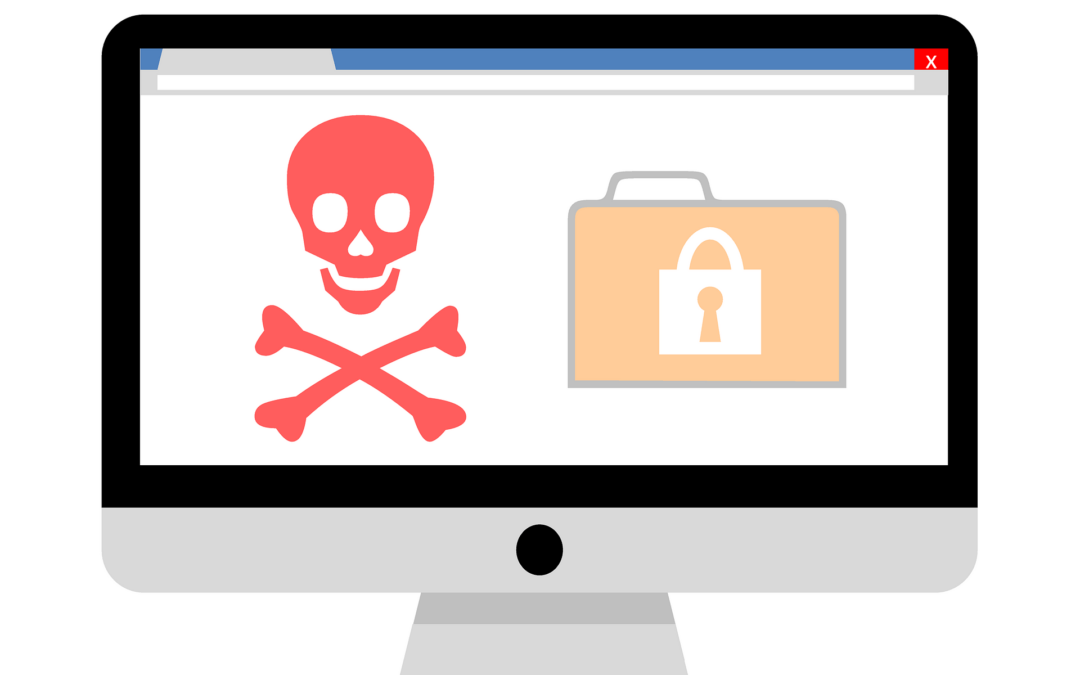Ransomware is malware that encrypts files on the victim's computer and releases them only after a ransom is paid. The organization of cybercriminals is becoming more and more professional. Find out here what consequences a ransomware attack can have and how you can protect yourself.
What is Ransomware?
"Ransom" means "ransomware" and thus very aptly describes the area where ransomware is used by cybercriminals. Ransomware is a malware that encrypts all data on the victim's computer. In order to regain control over one's data, the victim is asked to pay a ransom amount. Cybercriminals usually demand this in the form of cryptocurrencies.
Infection with ransomware now takes place via every conceivable route. The small-scale approach of cybercriminals, which can be observed more and more frequently, means that the malware is a professionally created and serious threat. Often, the cybercriminals are already technically better positioned than the attacked company.
Pay ransom demand or don't pay?
Whether the ransom demand should be answered is highly controversial.
Police authorities regularly speak out against paying the demanded sum. The authorities warn against funding the cybercriminals in this way and thus exacerbating the problem.
Numerous IT security researchers also see the payment of such ransoms as the "root of all evil" and are therefore calling on policymakers to do more to combat ransomware. Although it is financially more favorable for the victims in the short term to pay the ransom demand, this would only further drive the business model. For this reason, the researchers also take a very critical view of cyber insurance companies that take on such ransomware, even though insurance in itself could generally be useful for IT security, as it requires a certain minimum standard of security. Moreover, the release of the data is uncertain even if the demanded sum is paid.
Despite all these concerns, many companies still pay the ransom. Two-thirds of all medium-sized German companies were affected by ransomware attacks in 2021. Almost half of them also paid the ransom. Only about 60 percent were able to partially decrypt their data, and only four percent completely. The victims are not only private companies, but also government agencies.
Cases in which the payment of a ransom brings great benefits remain absolute isolated incidents. For example, Maastricht University had been the victim of an attack in 2019 and, due to successful investigations, received the paid ransom back in cryptocurrency after a few months. Due to the price fluctuations of the cryptocurrency, the buzzer had become worth much more in the meantime.
Protection against ransomware attacks
Robust IT security is the best protection against attacks by cyber criminals. Especially when it comes to personal data If there is an IT infrastructure, an appropriate level of security must be maintained. Backups of the data are also essential so that access to the data does not stand or fall with a single computer.
Our team of experts will be happy to advise you on all topics relating to IT security and data protection!
